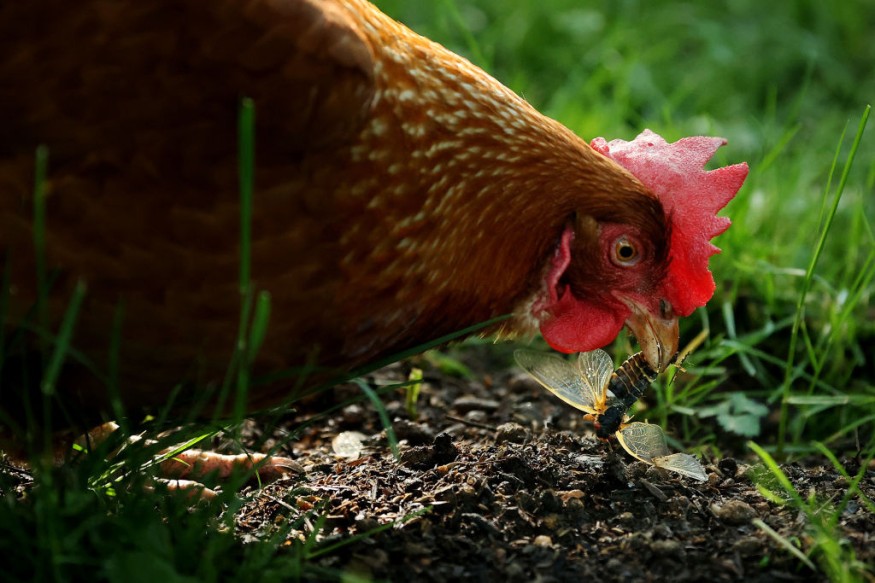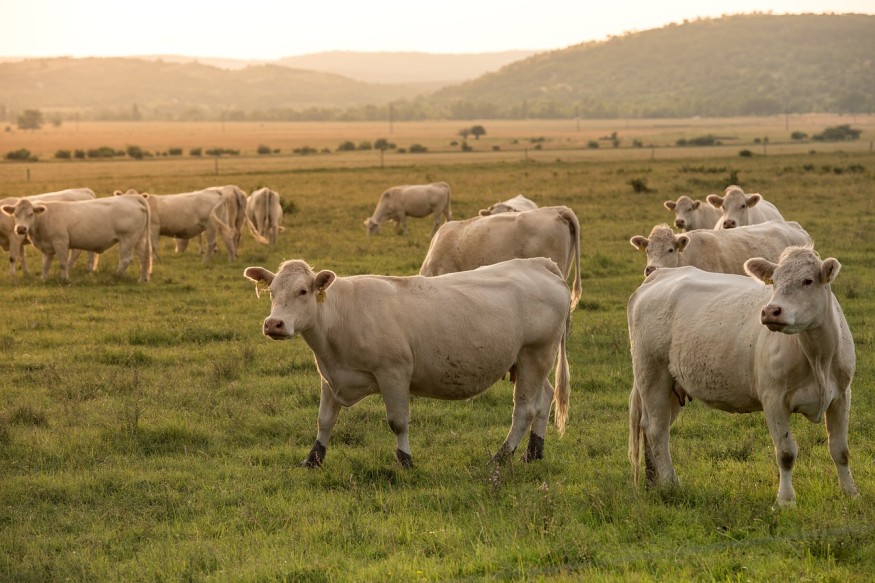For ten years, Evelien van Donselaar has been with Nutreco's livestock feed business line, Trouw Nutrition. She hopes to spark a conversation about using food waste as a more sustainable feed ingredient.
Doneselaar is now with the Selko Feed Additives department, which delivers feed safety, animal health, and nutritional solutions across the entire feed to the food chain.

By-Products in the US
In the United States, by-products make up roughly one-third of the chicken ration and about one-seventh of the ration for developing and fattening swine. They're also helpful for feeding beef and dairy cows.
Almost every food business produces by-products for animal feed. Still, the milling of grains, the processing of oilseeds, the fermentation of grains and molasses, the manufacturing of dairy products, and the killing of meat animals are essential sources.
Feed Safety
Van Donseelar informed Pig Progress that they provide solutions starting with feed component harvesting and continuing through feed processing, farm feeding, and finally to the food and beverage sector in the form of preserving by-products for re-use in the feed chain.
She will focus on critical topics of sufficiency, safety, and sustainability throughout her talk. She will also delve on preserving the value of food by-products and routing them back into the feed chain as feed components as part of the Food to Feed Quality initiative.
This ever-evolving technology can reduce landfills and increase the utilization of human-grade feed resources.
A fantastic sustainability concept, but are these components enough to make a genuine difference?
How will they ensure safe usage while preserving nutritional value and cleanliness by worldwide GMP+ feed safety standards?
These are themes that they are continually thinking about, and they are excited to share their perspectives with the audience.
Related Article : Insects Become Environment-Friendly Alternative to Pet Food to Combat Climate Change
Sustainability

When asked about her thoughts on feed safety now and in the future, she said:
"In light of sustainability in general and global trends such as climate change and scarcity of traditional raw materials, there is an increasing interest in using food and beverage industry by-products as feed materials."
Furthermore, she claimed that the attention would progressively move to themes such as environmental footprint reduction, waste management, and boosting awareness of feed component transparency and provenance.
She asserted that there are several options to lower the demand for human-grade feed materials and that new developments are continually opening doors to make the feed manufacturing chain more efficient.
Trouw Nutrition is delighted to be a part of this journey since it aligns with its mission of 'Feeding The Future.'
How Healthy are By-Products?
According to a discussion about the status of animal by-products in the feed industry within the European Union, by-products can have adequate to high nutritional content, making them a viable alternative to standard feedstuffs and/or beneficial supplements for farm animals.
They are made up of components and products from animals that provide food but are not meant for human consumption.
However, they may be recycled for a variety of uses, including animal feed, organic fertilizers, soil improvers, technical leather goods, and the chemical industry.
For more Agricultural News, don't forget to follow Nature World News!
© 2025 NatureWorldNews.com All rights reserved. Do not reproduce without permission.





